
Environmental Sustainability In Business
Corporate Sustainability
Over the past two years, JBX PaperPak has been documenting many of the significant actions undertaken by some of the world’s largest companies to transition towards more sustainable business models. We are pleased to be able to bring you another set of updates now in the world of corporate sustainability and the steps being taken towards environmental sustainability in business (to read previous updates click here, here or here).
Refill Packaging
Our first update comes from supermarket giant Tesco; we have previously reported on Tesco partnering with Loop to create an e-commerce scheme to cut down on packaging waste by allowing retailers to recover and refill packaging. This time Tesco is partnering with Berry Global as they commit to extending their recycling programme. Tesco has been rapidly increasing the number of collection points for soft plastics at their stores where customers can deposit their waste materials.
There are now over 900 stores participating in the scheme and between them they have collected more than 850 tonnes of soft plastics to date. These materials are being sent the Berry Global recycling facility in Derbyshire, where they are cleaned and processed into new recycled plastic pellet. This pellet is mixed with recovered agricultural film to increase the durability and tear resistance of the material, making it suitable to then be manufactured into bin liners.
This is the latest step taken by Tesco since the launch of their packaging strategy back in August 2019. The company has said that so far, they have been able to remove over 1.5 billion plastic items from their business, with more than 500 million of these items being removed in the last 12 months. These include items such as plastic forks, salad bowls, bags and straws.
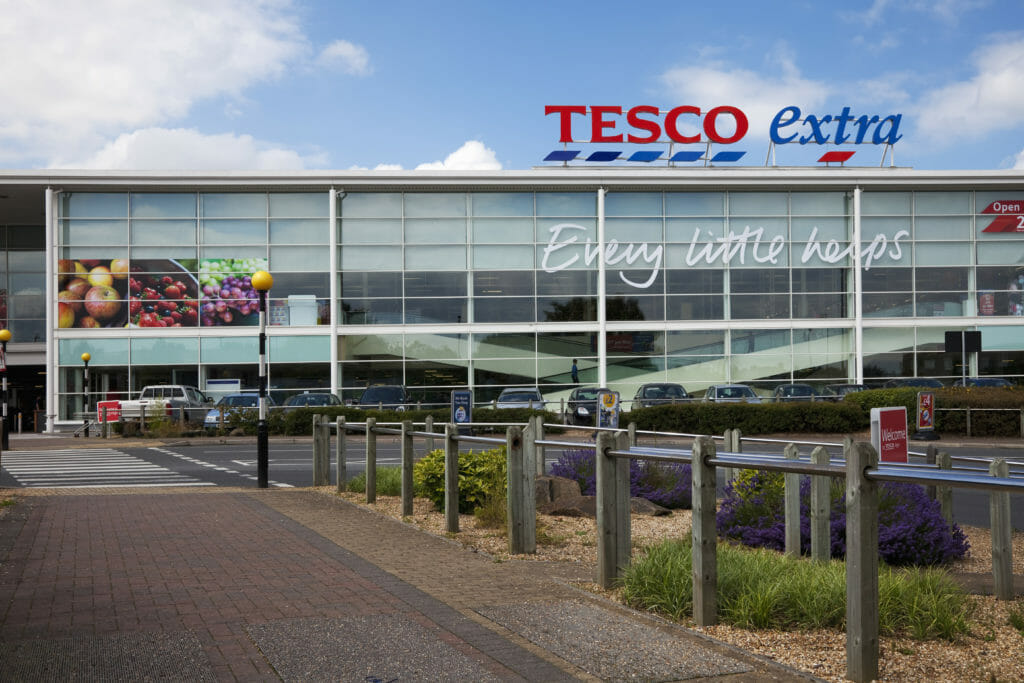
Eco Packaging
For the next update we turn to the packaging company Kite, who are attempting to revolutionise the takeaway food industry with their new compostable greaseproof paper. This is the latest release in their range of food packaging solutions aimed at reducing waste. Traditional greaseproof paper is made by applying a silicone lining to the paper to make it fat repellent; unfortunately, this makes the material unsuitable for recycling or composting.
Kite’s greaseproof paper is different as it is made from a sulphite pulp, in which the paper fibres are beaten in order to produce a closed structure. This allows the paper to be repellent to oils and fats, as well as to ensure that all liquids are contained and there is no seepage, while also allowing it to be suitable for composting by avoiding the use of silicone linings. Keeping greaseproof paper out of landfill will be a game changer in the takeaway food sector for sure.
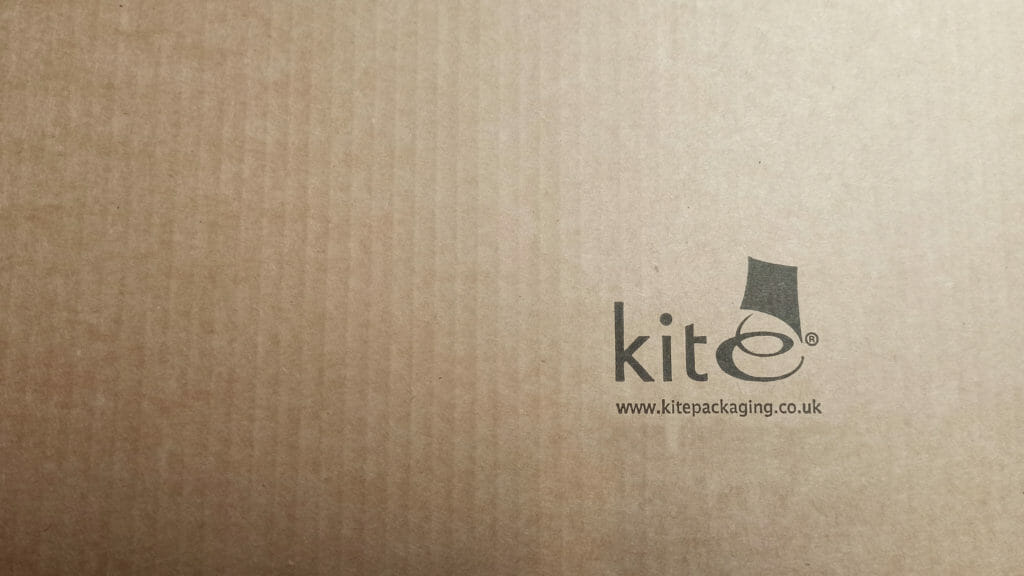
Coca Cola Corporate Social Responsibility
The next piece of news brings us to soft drink behemoth The Coca Cola Company, who have announced plans to increase the use of reusable packaging across their range of products. This announcement comes as part of their efforts to reach the target of 25% of their drinks being sold in reusable containers by 2030. They intend to achieve this with the roll out of what they are calling the ‘Universal Bottle’, which is a reusable bottle that comes in the same colour, shape and size and will be used across multiple brands.
They will also be expanding the roll out of their refillable 1.5 litre and 2 litre PET bottles. Coca Cola said in a press release that they will be partnering with French supermarket chain Carrefour and eco packaging company Loop to trial a circular shopping system. There is a similar scheme planned in partnership with TerraCycle in the United States.
In previous articles we have written about the efforts being made by Coca Cola to operate more sustainably, such as releasing plant-based drinks in biodegradable paper bottles. Here at JBX PaperPak, we are pleased to see Coca Cola taking the initiative in committing to shifting towards reusables and biodegradables. These are important steps, but as the largest company of its kind in the world we feel they have the responsibility to take on the leadership role in their space. They are so dominant in their sector that wherever they steer the ship, others will follow. If Coca Cola demonstrate beyond any doubt their commitment to sustainability, then it could be the deciding factor for drinks companies around the world to follow suit.
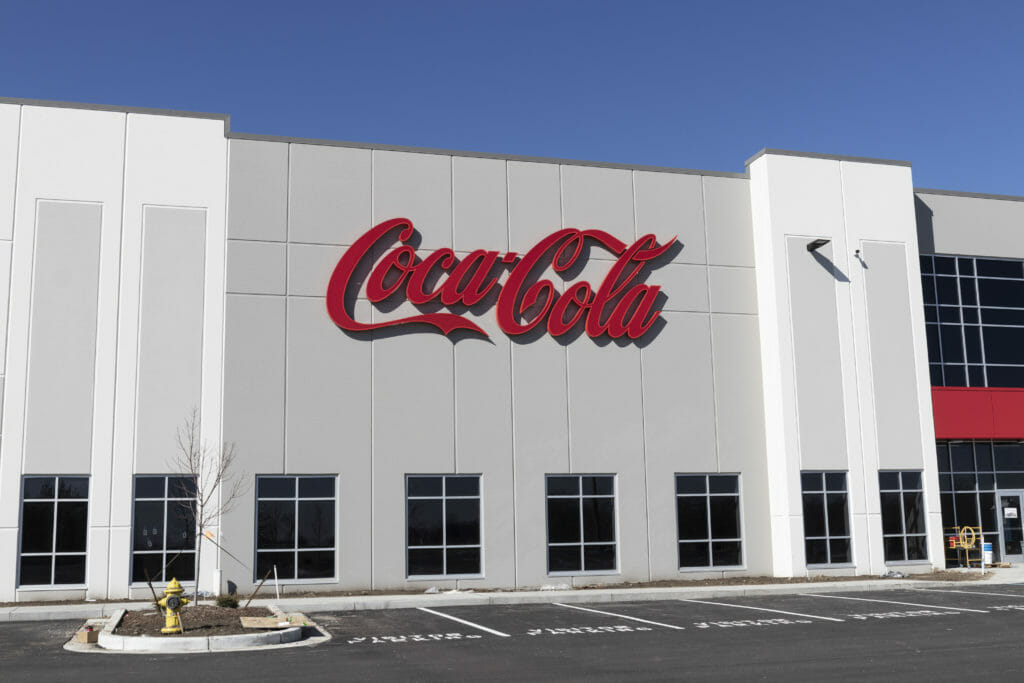
Sustainability Business
PepsiCo, Coca Cola’s main rival, is not one to be outdone, as they announce their partnership with Israeli startup UBQ to create sustainable pallets. UBQ, a new sustainability business, have developed a bio-based thermoplastic material, also called UBQ, that is manufactured from entirely unsorted solid municipal waste. UBQ material is produced from a range of waste streams, such as mixed plastics, cardboard, paper and organics; this material is a suitable substitution for a number of applications and functions typically performed by conventional durable plastics.
As part of this initial trial project, Pepsi say that they will redirect 739kg of waste away from landfill to produce over 800 of these pallets. They claim that this first phase of the project alone will prevent over 6,500kg of greenhouse gas emissions, which is equivalent to the annual carbon consumption of around 550 trees.
PepsiCo are also in the process of transitioning their packaging to be both 100% recyclable and made from 100% recycled PET, and they are aiming to reduce the virgin plastics used across their entire product portfolio by 50% by 2030. It is of course a positive step that Pepsi are making their drinks containers more sustainable, but we are especially glad that they are looking beyond just packaging and across their entire operations to make as many environmentally conscious decisions as possible.
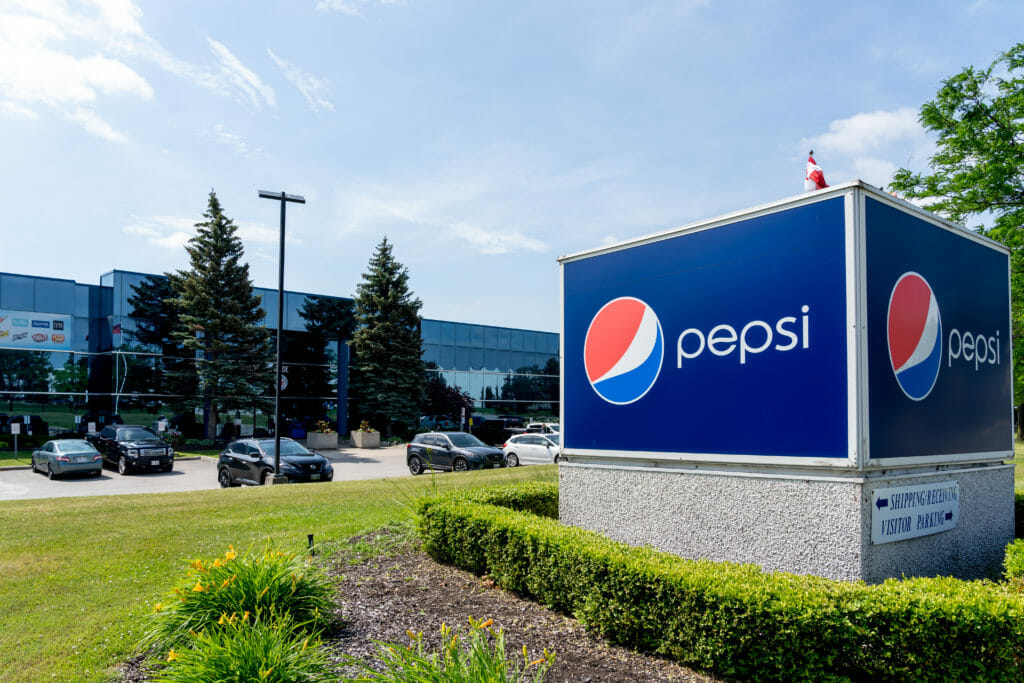
Sustainable Companies
At JBX PaperPak, we take it as a promising sign of bigger changes to come when we see some of the world’s largest businesses making green decisions and trying to become sustainable companies. Our packaging practices over the past few decades have been among the worst offenders when it comes to pollution, waste production, greenhouse emissions and general ecological harm. Investing in creating packaging alternatives that are recyclable, reusable, biodegradable, compostable and not harmful to the environment in other ways is absolutely vital.
So, whereas these companies making these changes is great news, we must not kid ourselves that this is anywhere near enough. A fully circular global economy with net zero carbon emissions is the end goal, and we must all get behind this movement as a matter of urgency. We have seen in the UN IPCC report what the facts of the situation are; we all need to make drastic changes now if we want to stand a chance of limiting global temperature increases to 1.5 °C.
We need to see governments around the world all pushing to incentivise sustainable decision making. We need to see non-recyclable single-use packaging materials taxed out of the economy, we need incentives to make recycling economically viable, we need investment in renewable and carbon free energy production and we need all hands-on deck if any of this is going to be realistic. Whereas businesses have the power to change their practices and governments have the power to legislate, regulate and tax, the consumer has the ultimate power: The power of our vote and of our purchases.
If we make it known loud and clear to businesses and governments alike that we won’t enable or encourage these environmentally harmful practices to continue, then they will be forced to listen. Businesses want our patronage and politicians want our vote, so let’s make them earn it.
Share this article
Related articles for you
JBX PaperPak Straws Are Now ISO Certified
JBX PaperPak End of Year Newsletter
New Legislation Banning Single-Use Plastics
€1,000 JBX PaperPak Christmas Giveaway!
Halloween Deserves Paper Straws!
Big Businesses Shift Towards Corporate Sustainability
Subscribe To Our Newsletter
To keep you up date to our new products and lates news
Free shipping on all orders over £200*
Subscribe To Our Newsletter
To keep you up date to our new products and lates news
Free shipping on all orders over £200*
Frequently Asked Questions
Our paper straws are made by stacking 3 plies of high-quality food grade kraft paper and putting them through a core-winding machine that applies an adhesive and rolls the straws into shape. They are then cut to size, coated in lacquer to ensure quality and are then ready to be sold.


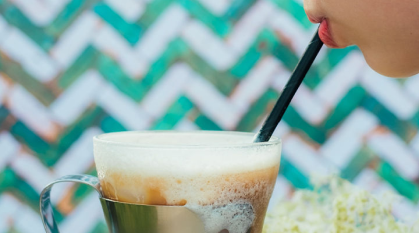
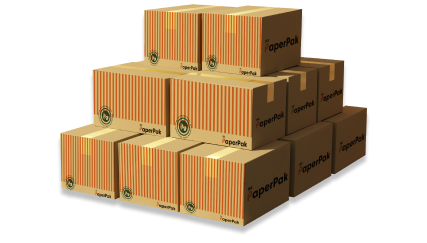
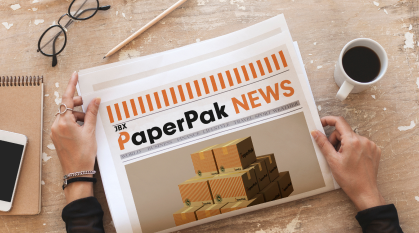
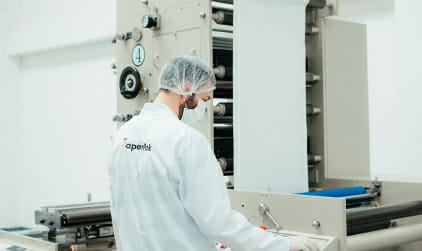
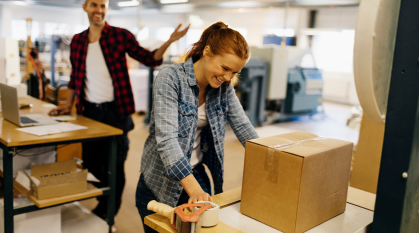
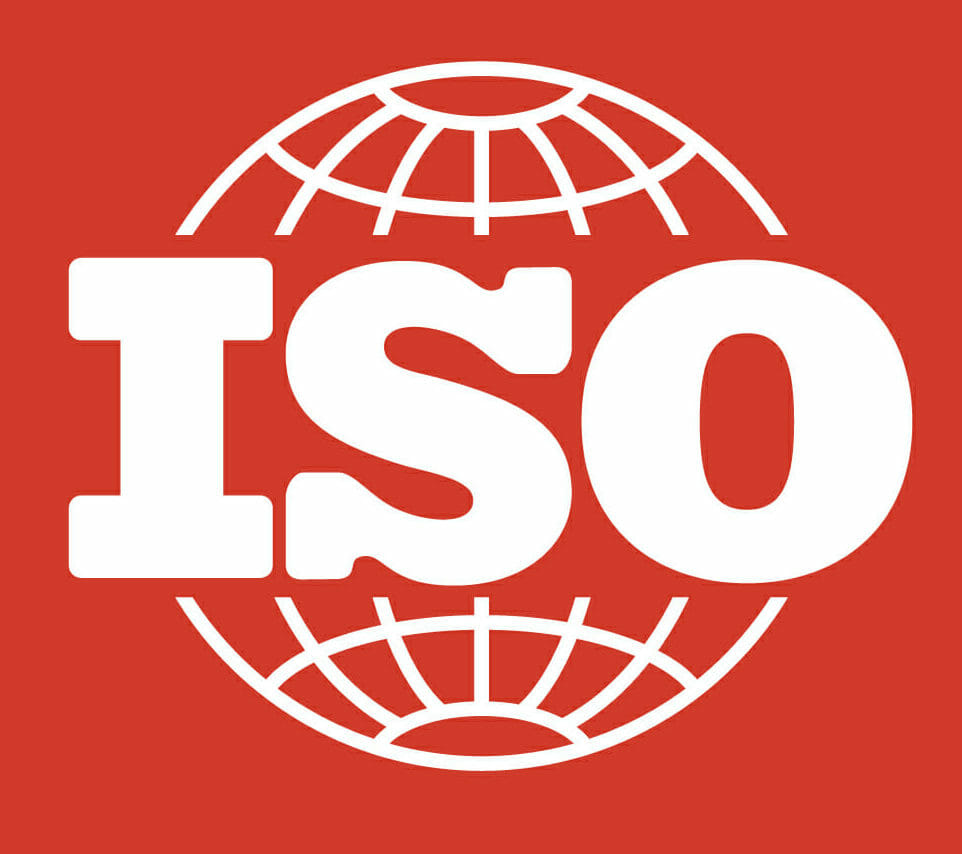

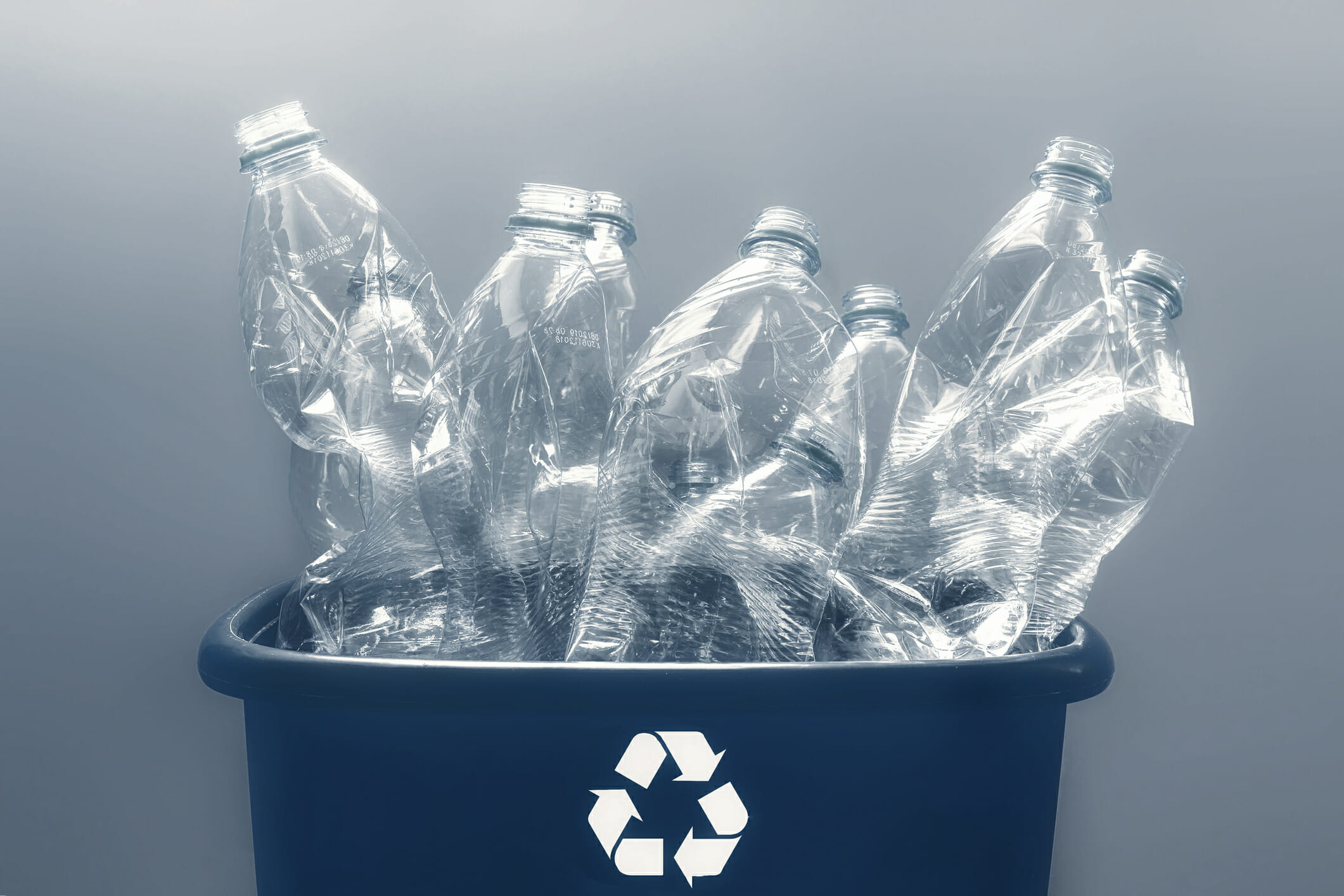
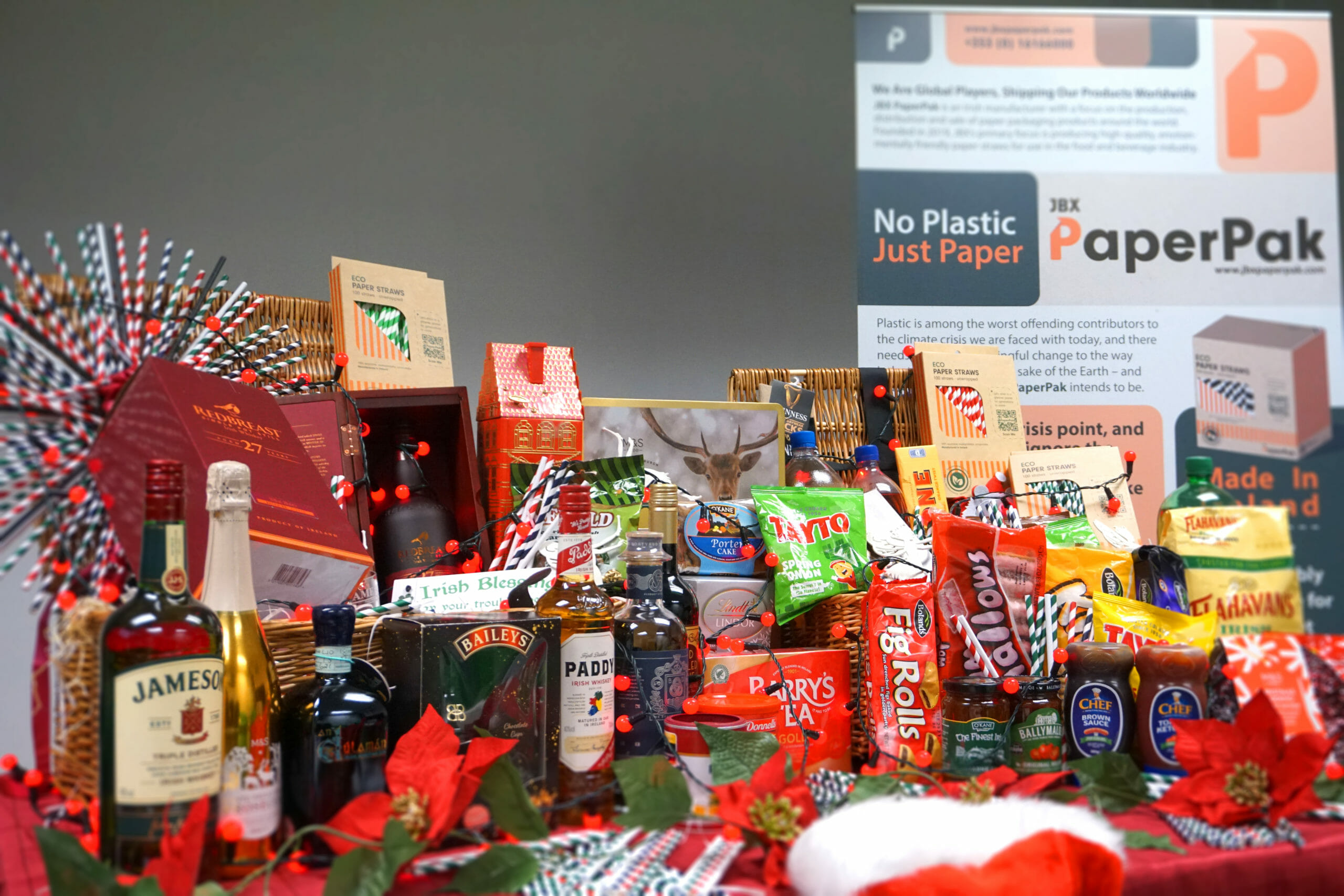
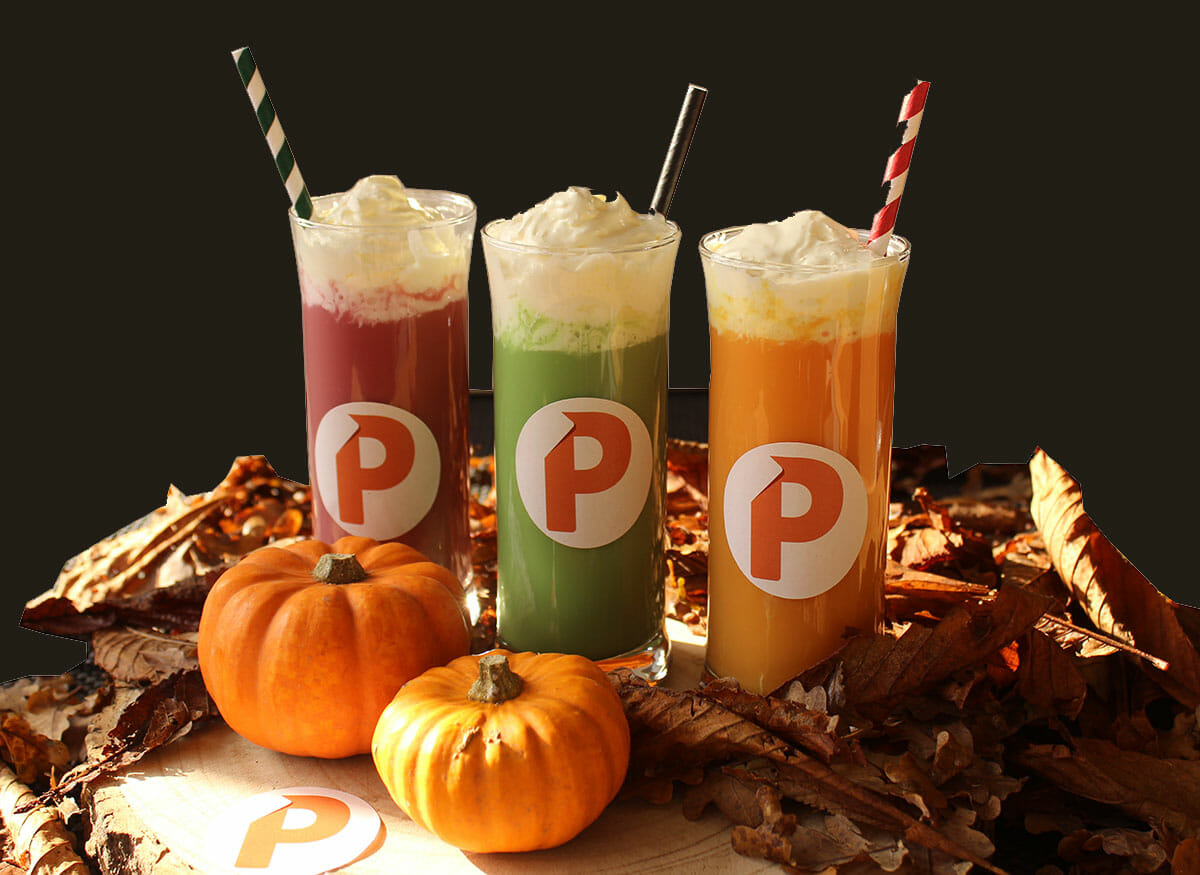


Get social